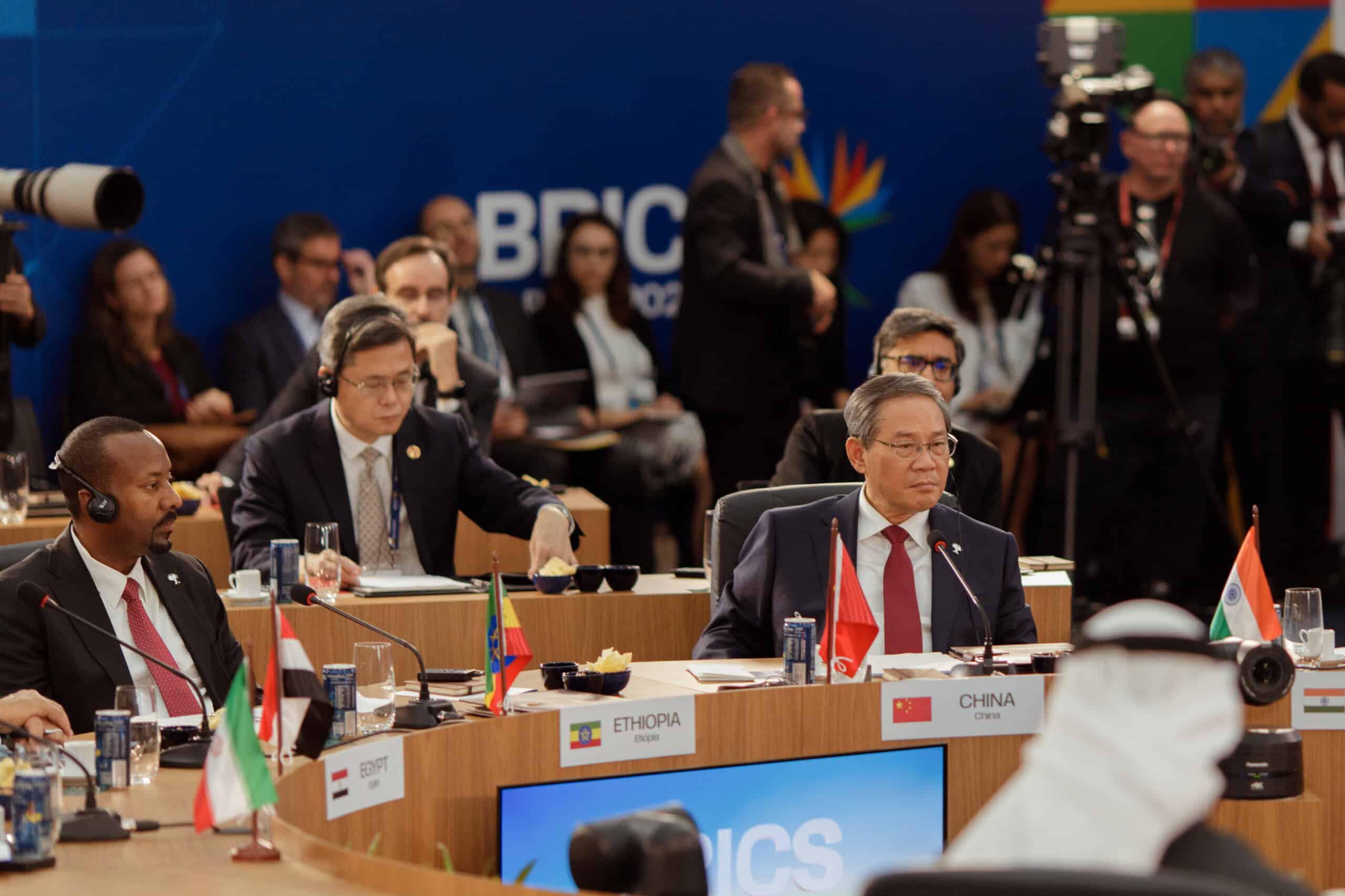Ash Carter started his career as a researcher in theoretical physics but quickly became enamored with public policy. As a Massachusetts Institute of Technology scientist, he rose to prominence in 1984 with a report ripping President Reagan’s Star Wars missile-defense initiative as a dud. Recruited by the Clinton administration as a Pentagon assistant secretary in 1993, he helped oversee the removal of nuclear weapons from Ukraine, Kazakhstan and Belarus after the end of the Cold War. During th
Navigate China's Business Landscape with Confidence.
- Gain visibility into supplier risks
- Easily manage trade compliance
- Conduct in-depth due diligence



